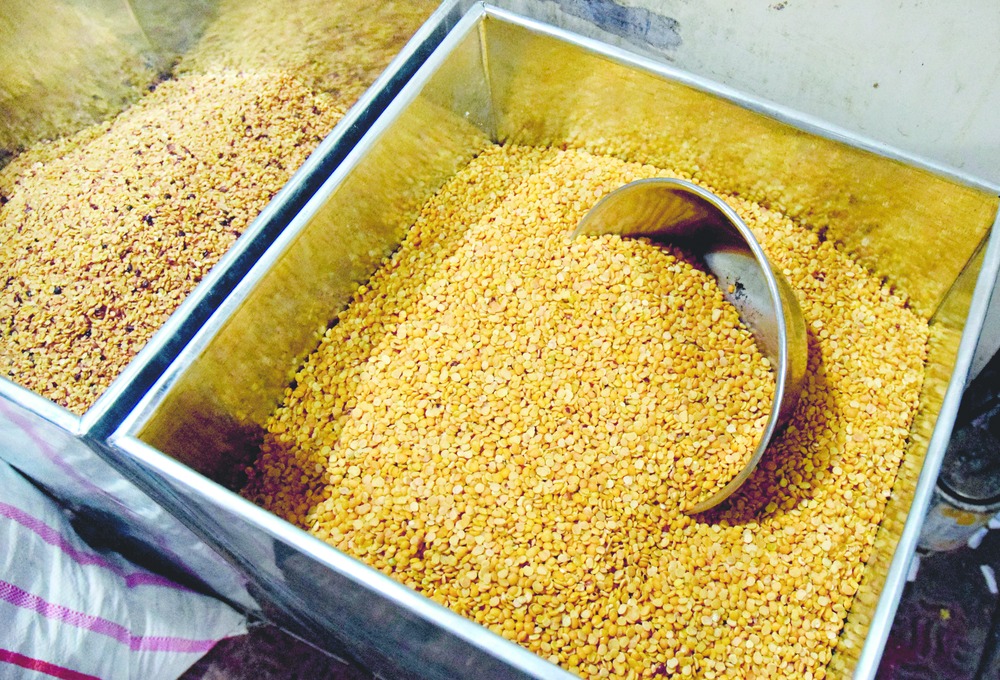
Cuttack, April 18: Dal is missing from the menu of several households as the prices of pulses have gone up in the past week across the state.
Primarily, the high cost of pulses in Maharastra, Chhattisgarh, Andhra Pradesh and Karnataka - from where the state procures dal - is responsible for the price hike. Besides, the state government's norms - fixing the limit of stocking pulse - have also added to the consumers' woes.
The retail prices of pulses have registered a hike varying from Rs 5 to Rs 15 per kilogram.
At present, arhar dal is being sold at Rs 148 to Rs 150 per kg at the retail markets. The rate of chana dal has also gone up to Rs 80 to Rs 82 per kg against the retail price of Rs 73 to Rs 78 last week. There has been no change in the retail price of moong dal, which is being sold at Rs 85 to Rs 90 per kg. But, the prices of biri dal have gone to Rs 145 per kg from Rs 120 and the rate of masoor dal stands at Rs 85 per kg while it was being sold at Rs 75 at the retail markets last week.
Harapriya Samal, a working woman from Jhanjirmangala, said: "Rice is our staple diet, and our meal is incomplete without dal. So, we are now forced to buy dal at such high rates," said Samal.
Malgodown traders, however, put the blame on bulk procurement by several multi-national companies, who are now procuring pulses from the farmers. The state requires seven lakh metric tonnes of pulses per annum, while only 80,000 tonnes to one lakh metric tonnes are produced here.
A Cuttack Chamber of Commerce official said the pulses' prices were expected to rise due to the existing curb on stocking pulses. At present, a trader is only allowed to stock 750 quintals of pulses according to the government norms.
"If the stock limit is raised, then only the prices of pulses can be kept under control at least for a month despite the high procurement rate as there will be adequate stock to meet the requirement," said the official.
"Various big companies are now directly procuring essential commodities from farmers, and as the prices of pulses are high at the point of purchase, there has been a gap in the supply which has pushed the prices," said Cuttack Chamber of Commerce joint secretary Prafula Chatoi, who said they had submitted a memorandum to the district administration demanding an increase in the stock limit for traders to 5,000 quintals.
On the other hand, Cuttack collector Nirmal Chandra Mishra convened an emergency meeting to review the situation here today, and the Malgodown traders were asked to report the wholesale and retail prices on a daily basis.
"There is an adequate stock at Malgodown. We also urge the consumers not to resort to panic buying as the wholesale prices at Malgodown have been stable for the past two to three days," said the collector.











